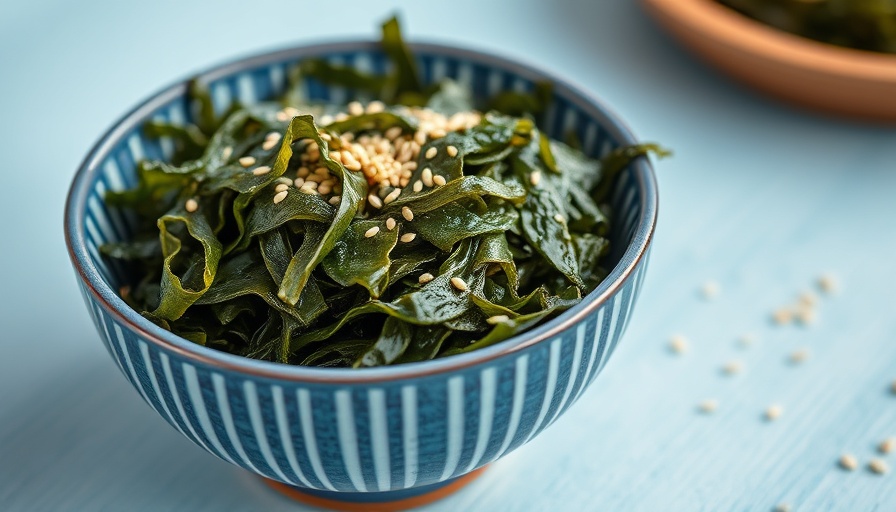
Understanding Cultivated Meat: A Healthy Alternative
More than 95 percent of people are exposed to industrial pollutants like dioxins and PCBs through their consumption of fish, meat, and dairy products. This raises important questions about food safety and health, especially when we consider the method by which meat is produced. Cultivated meat, grown directly from muscle cells, offers a promising solution. By eliminating organs like intestines, the risk of foodborne illnesses drops significantly, and there’s a cut down in exposures to harmful substances such as antibiotics and hormones found in conventional meat.
Hormones and Meat: What Are We Eating?
In the U.S., seven hormone drugs are approved for increasing the production of meat and milk. This, however, contrasts sharply with the total ban on hormones within the European Union. While conventional meat contains naturally occurring hormones, cultivated meat cuts out the need for reproductive organs and their associated hormones. The same principle applies to eggs, which are inherently packed with hormones due to their natural source.
Is Organic Meat Truly Safer?
You might think that opting for organic meat is a healthier choice, but studies show that organic varieties can carry higher levels of certain carcinogenic pollutants compared to conventional meat. Research has established that persistent organic pollutants (POPs) do not significantly diminish even with organic meat consumption, raising concerns about what’s actually on our plates.
The Promise of Cultivated Meat: A Cleaner Future
The environmental impact of our food choices cannot be overlooked. Conventional farming techniques lead to the accumulation of harmful chemical residues in the food chain. Cultivated meat, however, doesn't interact with this food chain, paving the way for cleaner production methods. For instance, there’s potential to cultivate fish without the mercury contamination currently associated with fisheries.
What This Means for Our Health
While the World Health Organization has classified processed meat as a known carcinogen and unprocessed meat as a probable carcinogen, we can control what goes into cultivated meat. By producing it through scientific methods, there's a unique opportunity to sidestep the harmful chemicals that often plague conventional meat.
The shift towards cultivated meat can lead to a substantial reduction in the carcinogenic risks we face today. As we consider our food choices, it's essential to understand not just their immediate benefits, but also their long-term impact on our environment and health.
 Add Row
Add Row  Add
Add 




Write A Comment